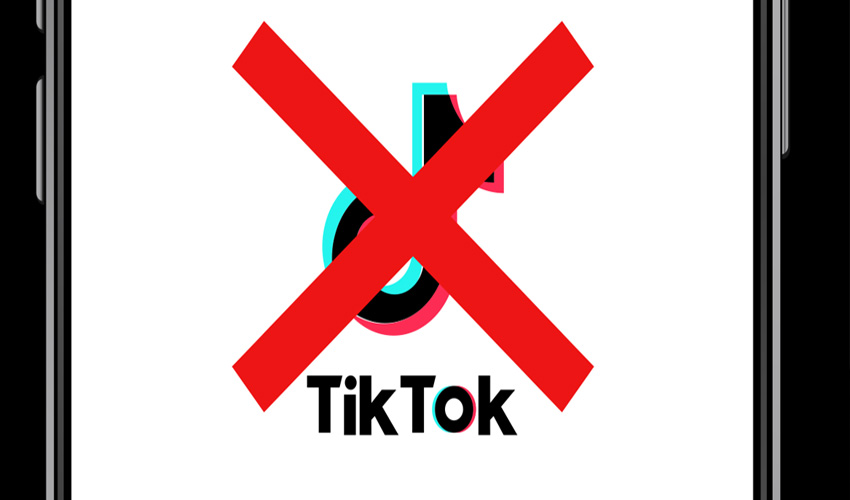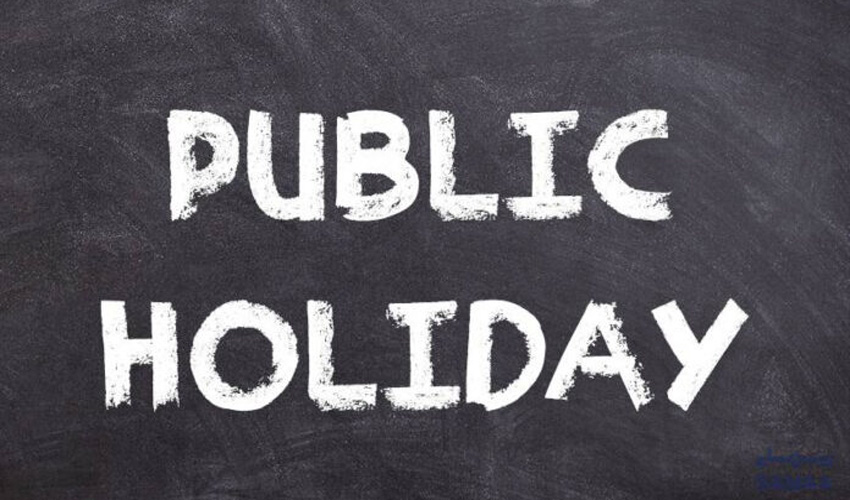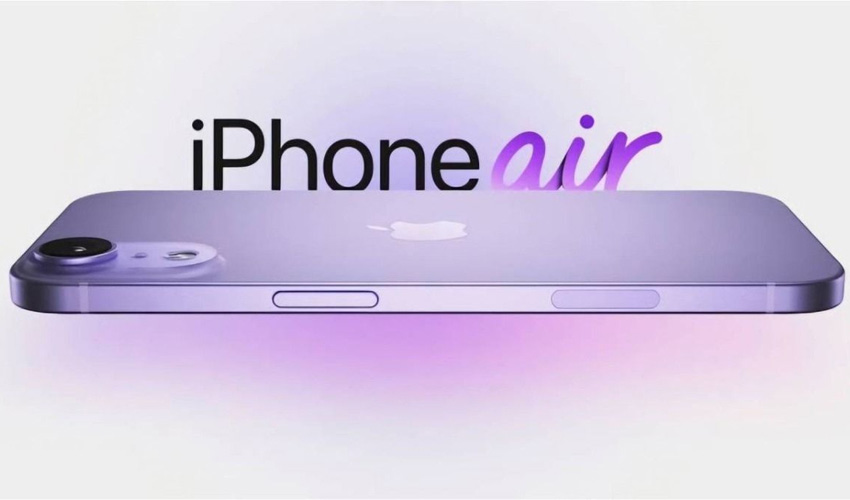The Albanian government has announced a decision to block access to the social media platform TikTok for at least one year, starting in 2025.
Prime Minister Edi Rama revealed the move during a meeting with teachers, parents, and psychologists in Tirana on Saturday, citing growing concerns over the platform’s impact on young people.
In his statement, Rama expressed frustration over the negative effects of TikTok on Albania’s youth. "We are going to chase this thug out of our neighbourhood for one year," Rama said, referring to the platform. He added that the government would introduce various programmes aimed at supporting the education of students and helping parents better monitor their children’s online activities.
The decision follows a tragic incident in November when a 14-year-old student was killed and another injured in a violent altercation near a school in Tirana. The fight had reportedly been triggered by an online confrontation on TikTok, prompting widespread debate within the country’s educational and psychological communities regarding the role of social media in the lives of young people.
Rama also pointed out the difference between TikTok’s content in China and the rest of the world, emphasizing the negative influences present outside of China. "In China, TikTok promotes how students can take courses, how to protect nature, how to keep traditions. But on TikTok outside China, we see only scum and mud. Why do we need this?" he said, reflecting the government's stance on the platform’s harmful influence.
The Prime Minister's comments come amid increasing concerns worldwide about the effects of TikTok on vulnerable groups, particularly children and adolescents. Many countries, including Albania’s neighbours Kosovo, North Macedonia, and Serbia, have reported troubling incidents linked to viral TikTok challenges.
In Kosovo, a disturbing trend emerged two months ago, when at least 22 cases of self-harm among schoolgirls in Gjakova were linked to a TikTok challenge. Similarly, in North Macedonia, teenagers were treated for injuries after attempting the "Superman" challenge, which involves leaping onto the linked arms of others. In Serbia, high school students in Novi Pazar reportedly engaged in a dangerous "choking" challenge. The platform has since introduced a warning message for users searching for such challenges, advising them of the potential risks.
The debate over TikTok’s influence is not limited to these countries. The platform, which boasts over one billion active users globally, has faced accusations of espionage in the United States and scrutiny from the European Union over its role in alleged election interference in Romania. Several nations, including the United States and European countries, have also implemented bans on TikTok for state personnel, citing national security concerns.
Despite the growing criticism, TikTok continues to thrive, with its interactive "challenges" and short-form video content attracting millions of young users. As the platform’s popularity surges, concerns over its influence on youth, and the potential for dangerous trends to spread, remain a key issue in discussions surrounding social media regulation.

























